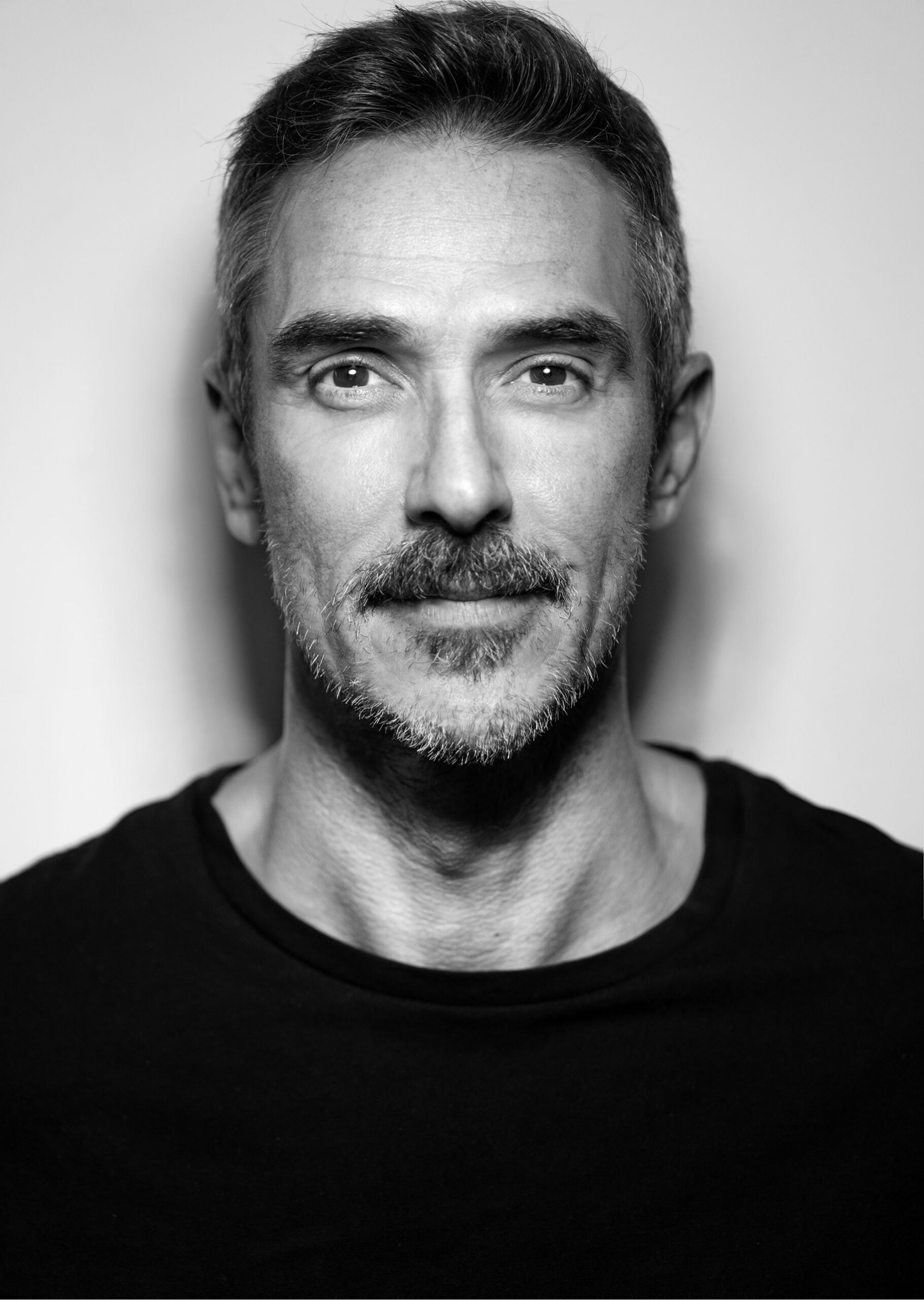As the dental field continues to evolve, the insights and perspectives of emerging professionals are more valuable than ever. Driven by curiosity, enthusiasm and a passion for innovation, young dental practitioners bring a fresh perspective that helps to shape the future of dental care. In this interview with Dental Tribune International, world-renowned dentist and Slow Dentistry advocate Dr Miguel Stanley discusses the upcoming second edition of the Young Dentists Forum at the 2024 FDI World Dental Congress (FDIWDC24). He shares his thoughts on the cornerstones of dental excellence and discusses the core principles that should guide all dentists, whether novice or seasoned, throughout their careers.
Dr Stanley, how do you feel about joining the Young Dentists Forum and sharing the spotlight with emerging dental experts and potential future leaders?
I am incredibly excited to join the Young Dentists Forum. It is a wonderful opportunity to engage with the next generation of dental professionals who will shape the future of our field. Sharing insights and experiences with these emerging leaders is an honour and a responsibility I take on with great pride.
It is a big deal to be invited by FDI, and I truly am grateful for the opportunity to engage with the future leaders in dentistry. It is also a fantastic opportunity to meet and interact with dental experts from around the world who will be coming to Istanbul for this unique event in dentistry. FDIWDC24 promises to be a rich platform for the exchange of ideas and knowledge on a global scale.
What aspect of the Young Dentists Forum are you particularly looking forward to?
I am looking forward to delivering a brand-new lecture that I created specifically for this meeting. I will not be talking about the clinical or technical aspects of dentistry but rather about the mindset behind it. I have been working in private practice for 26 years now and have faced many of the possible challenges as a business owner, clinical director and practitioner, including navigating the transition from analogue to digital dentistry with all of its pitfalls, making challenging decisions amid incredible competition and adversity, and experiencing all the good things our profession has to offer.
:sharpen(level=0):output(format=jpeg)/up/dt/2024/08/Headshot_Dr-Miguel-Stanley-1.jpg)
Dr Miguel Stanley is the clinical director of the White Clinic based in Lisbon in Portugal and a passionate supporter of high-quality dental care.
I have been privileged to interact with some of the leading clinicians and thought leaders worldwide for the past two decades and believe that I have a lot of stories to share with the young bright minds at the forum. I hope to inspire them with the lessons I have learned and the mindset required to thrive in this ever-evolving field.
In a recent FDI Dental Check-up podcast episode, you mentioned that a teacher first and foremost has to be a student. How crucial is it for dental professionals to engage in ongoing learning?
Ongoing learning is absolutely crucial in dentistry. The dental field is constantly evolving with new technologies, techniques and research findings. As professionals, we must stay updated to provide the best care for our patients and to set a positive example for our peers and successors. However, this commitment to learning comes with great sacrifice. It means time away from friends and family, and while others may be out partying or engaging in leisure activities, you have to be home hitting the books and studying hard. However, these sacrifices pay off later in life.
At FDIWDC24, I hope to share with everyone that it is vital to invest as much time as possible in learning and acquiring knowledge to truly succeed in dentistry. I often say that the dental profession is a mix of being an athlete in high-performance sports and an academic because you have to stay physically and mentally fit to have a long career and stay up to date with everything that is going on to stay ahead of the game.
In the same episode, you described a dentist as a polymath. What do you think are the core skills dental professionals need and main principles of good dentistry that they should adhere to throughout their careers?
Core principles of good dentistry include a commitment to patient care, continuing education, ethical practice and adaptability. Dentists must be skilled in various aspects of healthcare, stay curious and be open to new knowledge, and prioritise the well-being of their patients above all. Additionally, we have to be engineers and designers and possess good manual dexterity. We must understand analytical and critical thinking, finance, and strategic and logistical planning. Being great communicators and salespeople and maintaining a huge sense of focus to manage the complexities of being a dentist are also essential. It is not an easy job, and mastering clinical skills is only a small part of our daily tasks. A huge amount of our time is spent managing people, and as such, interpersonal and relational skills are of paramount importance.
“Dentistry is about treating one patient at a time with ethics, responsibility and kindness.”
What skills or qualities do you hope every young dentist will strive to develop?
I hope that every young dentist will strive to develop strong communication skills, empathy and a passion for learning. Technical proficiency is vital, but the ability to connect with patients and understand their needs is equally important. I also hope that they will focus on doing a good job first rather than getting famous and rich quickly. This is a long game, and most of the younger generation are very attracted to what they see on social media that does not portray the profession in its true light. Dentistry is about treating one patient at a time with ethics, responsibility and kindness. Doing an excellent job is paramount, and you cannot fast-track that. It is crucial to have a lot of humility and patience, not least at the beginning of your career.
Finally, what is one wish you have for the younger generation of dentists, and what is one lesson that more experienced dentists could learn from them?
My wish for the younger generation of dentists is that they embrace the principles of Slow Dentistry early in their careers. Slow Dentistry emphasises taking the time to ensure patient safety and comfort, focusing on quality rather than speed. For more details on this approach, I encourage young dentists to visit the Slow Dentistry Global Network website. It is a basic road map, but if followed, it will be a strong foundation for a solid start in dentists’ careers. If a dentist goes on working in a clinic that does not allow him or her to follow these basic principles that we advocate for on the website, he or she might want to consider another clinic or start a revolution and inspire the new boss to change!
For experienced dentists, there is much to learn from the youthful enthusiasm and innovative thinking of young dental professionals. Embracing change and new ideas can greatly enhance our dental practice.
*Originally published in Dental Tribune.






